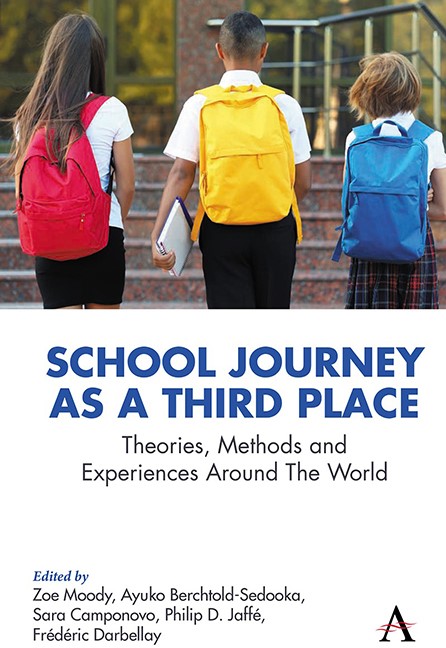Chapter 6 - Children’s Experiences and Affective Connections with Place in Their Independent Mobility
Published online by Cambridge University Press: 14 November 2023
Summary
Introduction
When children’s well-being is compromised by their urban environments, the social sustainability of our cities is in question. Neighbourhoods are the fundamental unit of everyday experience for most children outside of home and school, offering varying opportunities for safe independent mobility, outdoor play and social interaction (Carroll et al. 2015). They not only determine the routines of everyday life but also strongly influence children’s physical, social and cognitive development and well-being (Lalli 1992; Min and Lee 2006; Tranter and Pawson 2001). Children learn through playful interaction with their surroundings and experiences of place contribute to child development (Moore 1986; Waygood et al. 2017). Play has often been called ‘the work of childhood’ (Piaget 1982).
Being out and about and playing in the public domain, once considered ‘a rite of passage of childhood’ (Alexander et al. 2014), has decreased in Aotearoa/New Zealand (NZ) as elsewhere (Carroll et al. 2015; Egli et al. 2020). So has that other childhood ‘rite of passage’, walking to and from school (Ministry of Transport 2009; Shaw et al. 2015). As walking to and from school affords many occasions for play and socialising along the way (Smith et al. 2020), these opportunities have diminished with its decline – including socialising with shop owners and other adults in the community (Carroll et al. 2015; Waygood and Friman 2015; Wood et al. 2010).
Cities are largely designed for adults and motor vehicles, not for children; ‘child blind’ urban planning (Gleeson and Sipe 2006) and safety discourses combine to limit children’s presence and play outside of home, school and child-designated destinations such as sportsgrounds, playgrounds and skateparks (Freeman and Tranter 2011; Randolph 2006; Woolley 2017). Indeed, children are rendered largely out of place in other public space, even though a city’s streets, alleyways, footpaths and verges – the places between destinations – remain important for everyday play and independent mobility. Formerly sites for play, city streets have been essentially transformed into ‘adult-only’ spaces (Karsten 2005). However, for some children at least, ‘the street’ still trumps backyards, sportsgrounds, parks and playgrounds as preferred outdoor space for play and hanging out with friends (Thomson and Philo 2004).
- Type
- Chapter
- Information
- School Journey as a Third PlaceTheories, Methods and Experiences around the World, pp. 125 - 142Publisher: Anthem PressPrint publication year: 2023



